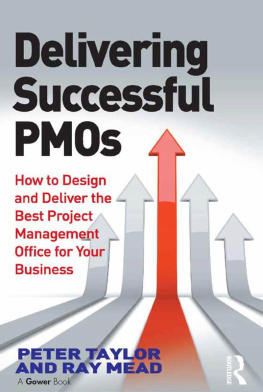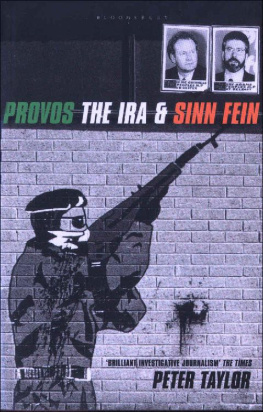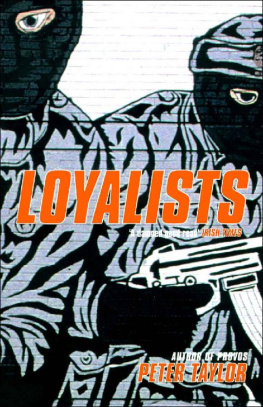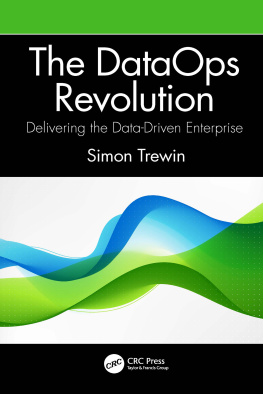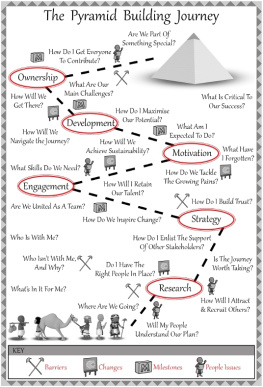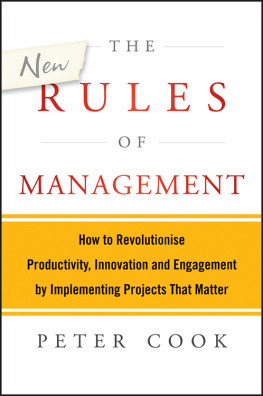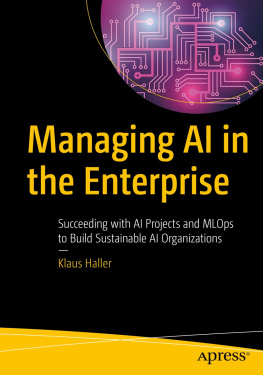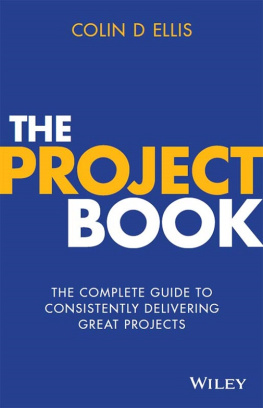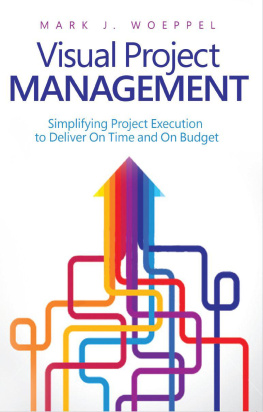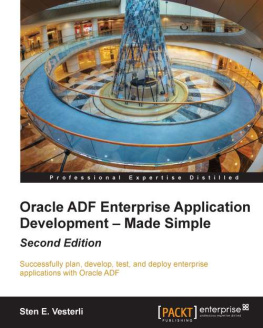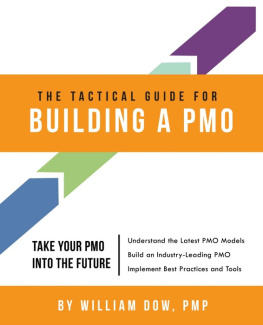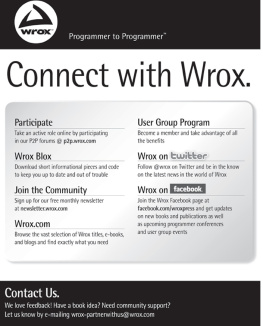Delivering Successful PMOs
Peter would like to thank his wife, Lisa, and all of his family for the support that they have shown in him pursuing his writing and speaking career.
Ray would like to dedicate this book to his wonderful wife, Jennifer, for the years of happiness and support.
Delivering Successful PMOs
How to Design and Deliver the Best Project Management Office for your Business
PETER TAYLOR
and
RAY MEAD

First published 2015 by Gower Publishing
Published 2016 by Routledge
2 Park Square, Milton Park, Abingdon, Oxon OX14 4RN
711 Third Avenue, New York, NY 10017, USA
Routledge is an imprint of the Taylor & Francis Group, an informa business
Copyright Peter Taylor and Ray Mead 2015
Peter Taylor and Ray Mead have asserted their right under the Copyright, Designs and Patents Act, 1988, to be identified as the authors of this work.
All rights reserved. No part of this book may be reprinted or reproduced or utilised in any form or by any electronic, mechanical, or other means, now known or hereafter invented, including photocopying and recording, or in any information storage or retrieval system, without permission in writing from the publishers.
Notice:
Product or corporate names may be trademarks or registered trademarks, and are used only for identification and explanation without intent to infringe.
British Library Cataloguing in Publication Data
A catalogue record for this book is available from the British Library.
Library of Congress Cataloging-in-Publication Data
Taylor, Peter, 1957
Delivering successful PMOs : how to design and deliver the best project management office for your business / by Peter Taylor and Ray Mead.
pages cm
Includes bibliographical references and index.
ISBN 978-1-4724-1379-6 (hbk) -- ISBN 978-1-3155-7635-0 (ebook) -
ISBN 978-1-3171-5327-6 (epub) 1. Project management. I. Mead, Ray. II. Title.
HD69.P75T3953 2015
658404--dc23
2015010129
ISBN 9781472413796 (hbk)
ISBN 9781315576350 (ebk-PDF)
ISBN 9781317153276 (ebk-ePUB)
Contents
List of Figures
List of Tables
About the Authors
Ray Mead

Ray Mead is the founder and CEO of p3m global, a specialist project, programme and portfolio management consultancy.
Ray has 18 years of project management experience gained across many different industries and in many different countries, including extended or frequent stays in Spain, Germany, China, Australia and Saudi Arabia.
He has a BA (Hons) in French, Spanish and Marketing from Southampton University and studied his MBA at Surrey in partnership with Jiaotong University in Beijing.
Prior to becoming involved in consultancy he worked as a project manager in the telecommunications industry and also had spells in training and education.
In 2005 Ray started the EMEA operations of PM-Partners group and has worked internationally with his clients, building an effective team, business model and ethos that would eventually become the foundation for p3m global.
Outside work, Ray lives in Southampton with his wife Jennifer, has a moderate obsession with Southampton FC and the England rugby and cricket teams, and is the Conservative member for Shirley on Southampton City Council.
Peter Taylor

Peter Taylor is the author of two best-selling books on Productive Laziness The Lazy Winner and The Lazy Project Manager.
In the last three years he has focused on writing and lecturing, with over 200 presentations around the world in over 25 countries and with new books out including The Lazy Project Manager and theProject from Hell, Strategies for Project Sponsorship, Leading Successful PMOs, and The Thirty-Six Stratagems: A Modern Interpretation of a Strategy Classic with a number of other book projects currently underway.
He has been described as perhaps the most entertaining and inspiring speaker in the project management world today and he also acts as an independent consultant working with some of the major organisations in the world coaching executive sponsors, PMO leaders and project managers.
His mission is to teach as many people as possible that it is achievable to work smarter and not harder and to still gain success in the battle of the work/life balance.
More information can be found through his free podcasts on iTunes and at:
www.thelazyprojectmanager.com
Peter can be reached at and is available for:
keynote presentations and lectures;
master of ceremonies;
inspirational workshops;
coaching;
authoring.

Foreword
STUART DIXON
When I started out in the field of PMO 20 years ago, it wasnt even called a PMO; the first one was a KPI department, and then we became a Project Office. Over the intervening years I think I have been in an office which has used all variants of the title of PMO. In Peters last book on the subject of PMOs Leading Successful PMOs he explained what was meant by the term PMO and showed what can be achieved by a successful PMO.
From the last book the question that I was left asking, which is the same one that is asked time and again on the various online forums, is How do I get a successful PMO in my organisation?. There is a plethora of papers on the subject of PMOs, some of which provide advice on how to set up a PMO, and others which show how many PMOs fail within the first few years. So it seems as if anyone could follow one of those guides on how to set one up, but are you going to set up something that will last and will actually fulfil what the organisation is expecting of it?
This book explains in simple terms how to set up a PMO that will not only last the duration, but deliver a real, measurable difference to the organisation. What differentiates a PMO from a truly successful PMO is the ability to make a step change in the way the organisation implements projects and programmes. Following the steps detailed in this book will allow a PMO leader to deliver something that will last and will be aligned to the goals of the organisation.
Being a PMO leader requires a special kind of person who has charisma, influence, tenacity and an understanding of just how empowering a PMO can be to the organisation. The leader of a successful PMO is one who wants to make a difference to his or her organisation. This book will provide you with the inspiration and guidance to do both.
With the combination of the right person to make it happen and this book I am looking forward to more successful and long-lasting PMOs taking themselves and their organisations to the next level.
About Stuart Dixon
Stuart Dixon is the current Secretary of the APM PMOSIG (and ex-Chairman) the UKs only specialist interest group for all PMO practitioners. Through regular conferences, newsletters, blogs and via the LinkedIn group the APM PMOSIG is a great starting place for anybody leading or working in a PMO to share ideas, network and become professionally engaged.
Next page
